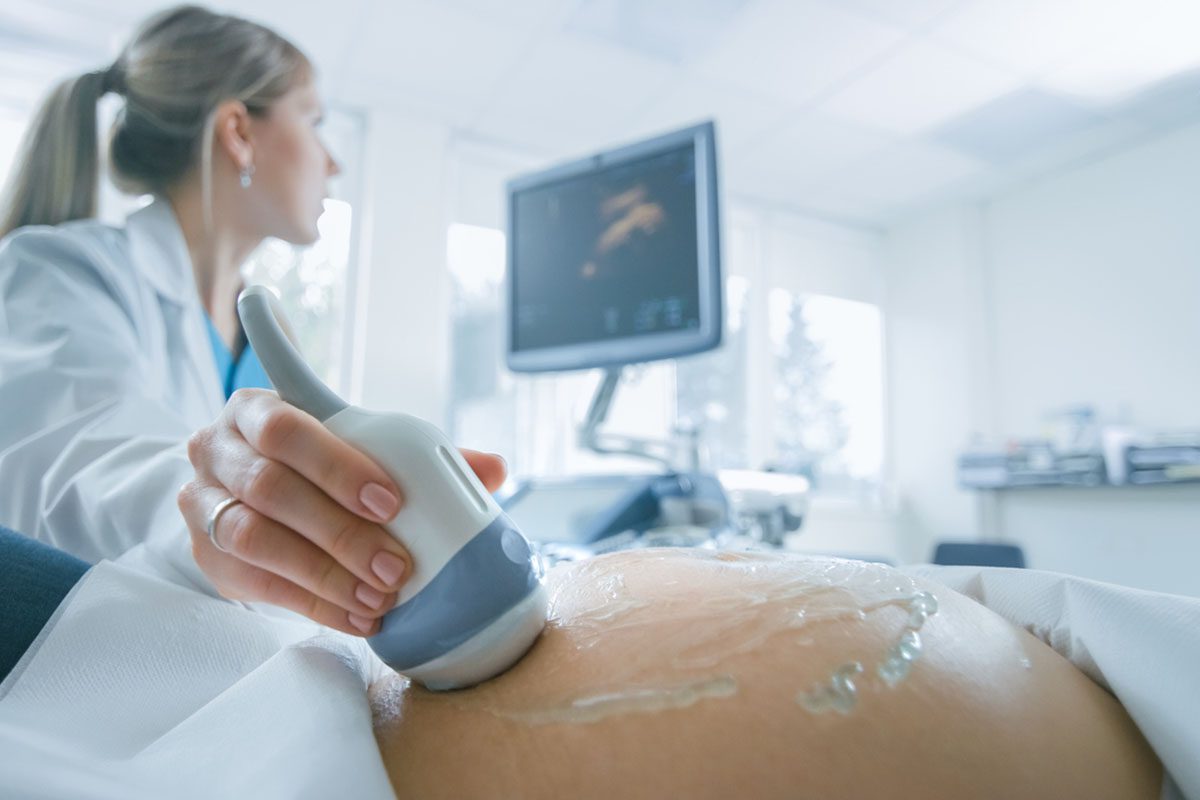J Clin Psychiatry 2023;84(1):22lr14594a
To cite: Yakuwa N. Toward improving the reliability of safety information on drug exposure during pregnancy: reply to Perugula et al. J Clin Psychiatry. 2023;84(1):22lr14594a.
To share: https://doi.org/10.4088/JCP.22lr14594a
© 2022 Physicians Postgraduate Press, Inc.
aJapan Drug Information Institute in Pregnancy, National Center for Child Health and Development, Tokyo, Japan
bSocial Pharmacy and Regulatory Science, Showa Pharmaceutical University, Tokyo, Japan
*Corresponding author: Naho Yakuwa, BPharm, National Center for Child Health and Development, Japan Drug Information Institute in Pregnancy, Okura 2-10-1, Setagaya-ku, Tokyo, Japan 1578535 ([email protected]).
See letter by Perugula and article by Yakuwa et al
To the Editor: My colleagues and I appreciate the opportunity to respond to the comments on our article.1 We also thank Perugula et al2 for their remarks. We believe that limitations regarding confounding factors are an important issue in the conduct of our study.
We have taken into account recall bias. We tried to collect information early in the pregnancies. We believe that the information on congenital malformations is highly accurate because it is based on maternal and child health handbooks.3 On the other hand, we believe it is important to interview the patient multiple times during the pregnancy. Thus, starting in May 2022, we obtained detailed information on drug use multiple times during the entire pregnancy via phone, email, and a web-based system.
We believe that family history of congenital malformations will affect the results. We collected data on the mother’s medical history and history of births of children with congenital malformations. In all 3 cases with congenital malformations in the second-generation antipsychotics (SGAs) group, there was no maternal history of congenital malformations. However, no information on chromosomal abnormalities was obtained. In the future, we plan to collaborate with the certified Japanese Board of Medical Genetics and Genomics, Clinical Genetics, to intervene and follow up with children with congenital malformations, including asking about their family history. Obtaining information on the father is also an issue for future investigation.
Spontaneous abortions and elective abortions might also increase the incidence of congenital malformations. However, we do not believe that the effect is strong enough to change our conclusions, because 34 of the 404 pregnancies in this study ended in spontaneous abortions. Of these, 8.4% were in the SGA group and 7.2% were in the control group. There were 16 elective abortions. Of these, 4% were in the SGA group and 2.3% in the control group. After adjusting for maternal background variables, there were no significant differences between the groups. We have begun to obtain information on the causes of the elective abortions.
We believe that maternal education, maternal stress, and nutrient restrictions are essential when evaluating factors other than teratogenicity, especially long-term development. We are considering conducting a separate survey in the future based on consultations. In addition, we found 42 twins or triplets among the 7,249 cases but excluded them because of the influence of twin or triplet status on the number of gestational weeks and birth weight. In the future, we would like to collect more data to eliminate the effects of confounding factors.
Published online: November 30, 2022.
Relevant financial relationships: None.
Funding/support: This study discussed in this letter was supported by a domestic research and development grant from the National Center for Child Health and Development (2019C-18) awarded to Naho Yakuwa. The Japan Drug Information Institute in Pregnancy is managed by the Ministry of Health, Labour and Welfare project expenses. Funding for the study, including data collection, was part of the operating expenses of the Japan Drug Information Institute in Pregnancy.
References (3)

- Yakuwa N, Takahashi K, Anzai T, et al. Pregnancy outcomes with exposure to second-generation antipsychotics during the first trimester. J Clin Psychiatry. 2022;83(4):21m14081. PubMed CrossRef
- Perugula M, Vadukapuram R, Trivedi C, et al. Pregnancy outcomes after second-generation antipsychotic exposure: extracting more information from the data. J Clin Psychiatry. 2023;84(1):22lr14594. PubMed CrossRef.
- Carandang RR, Sakamoto JL, Kunieda MK, et al. Roles of the Maternal and Child Health Handbook and other home-based records on newborn and child health: a systematic review. Int J Environ Res Public Health. 2021;18(14):7463. PubMed CrossRef
This PDF is free for all visitors!





